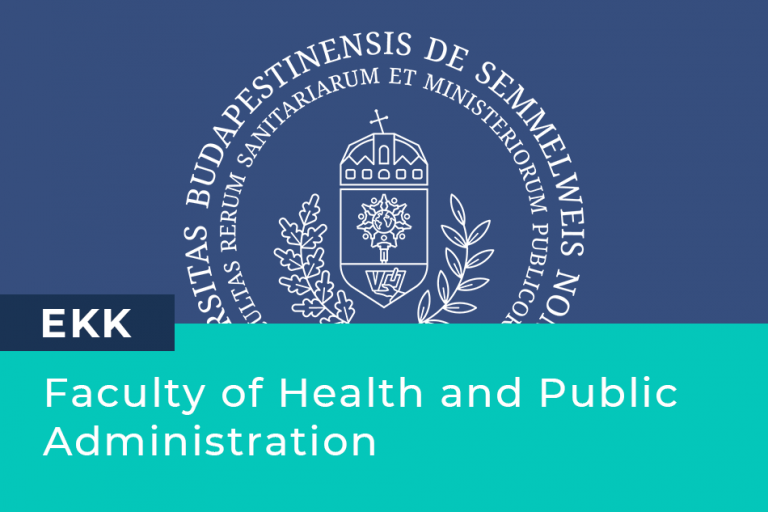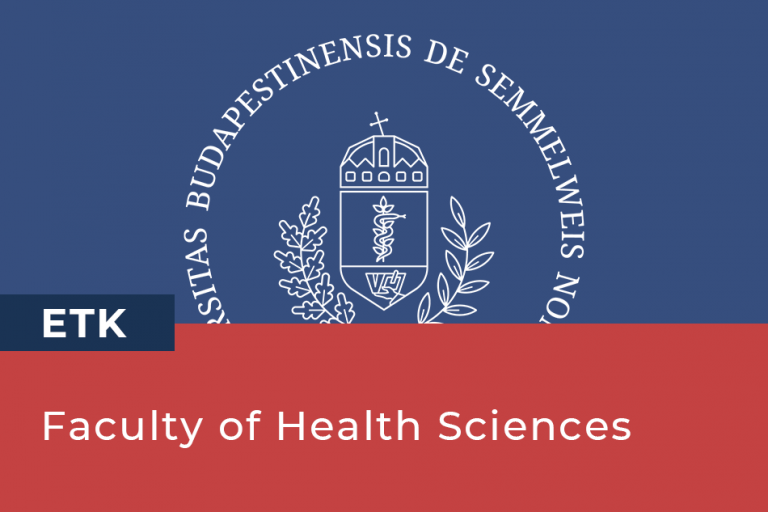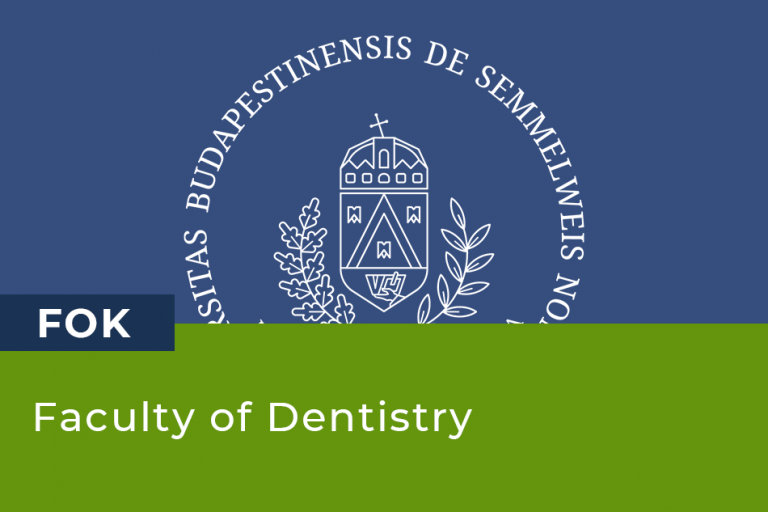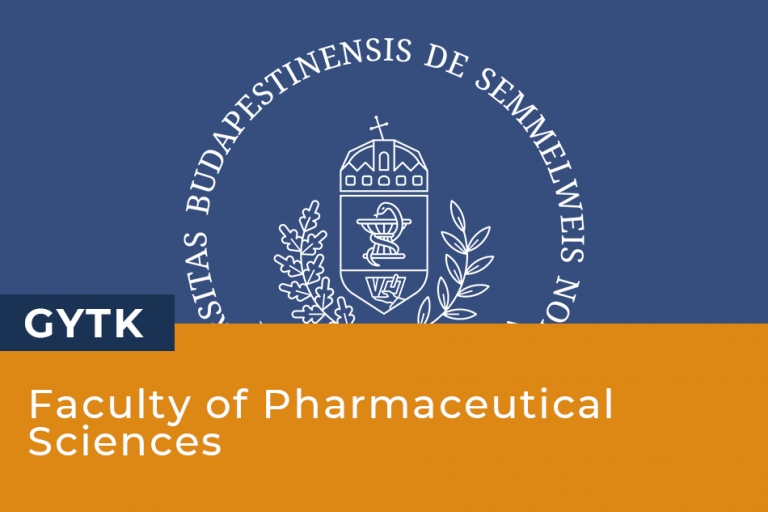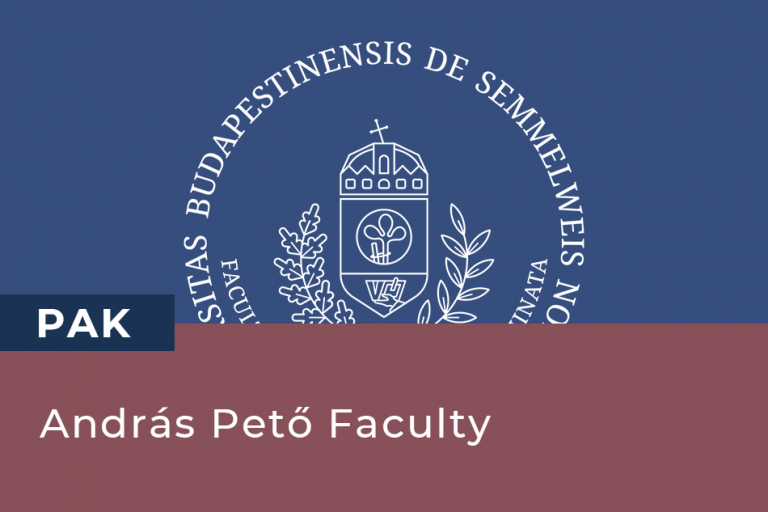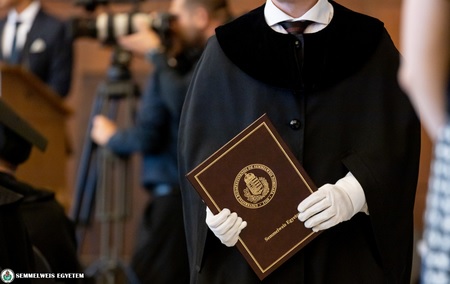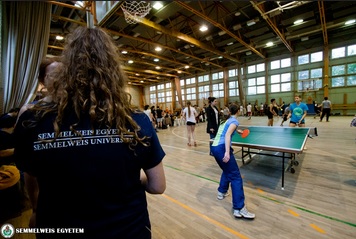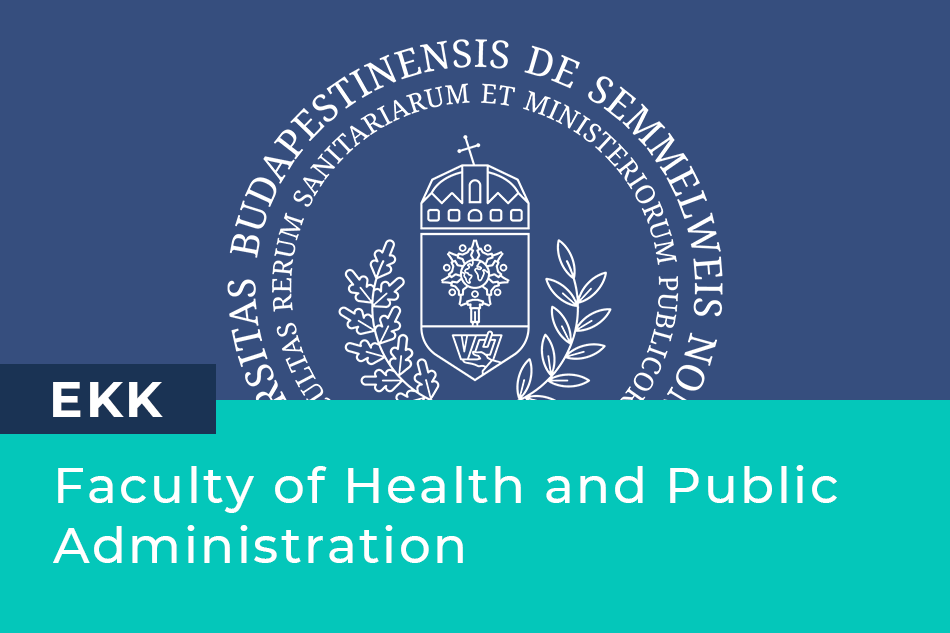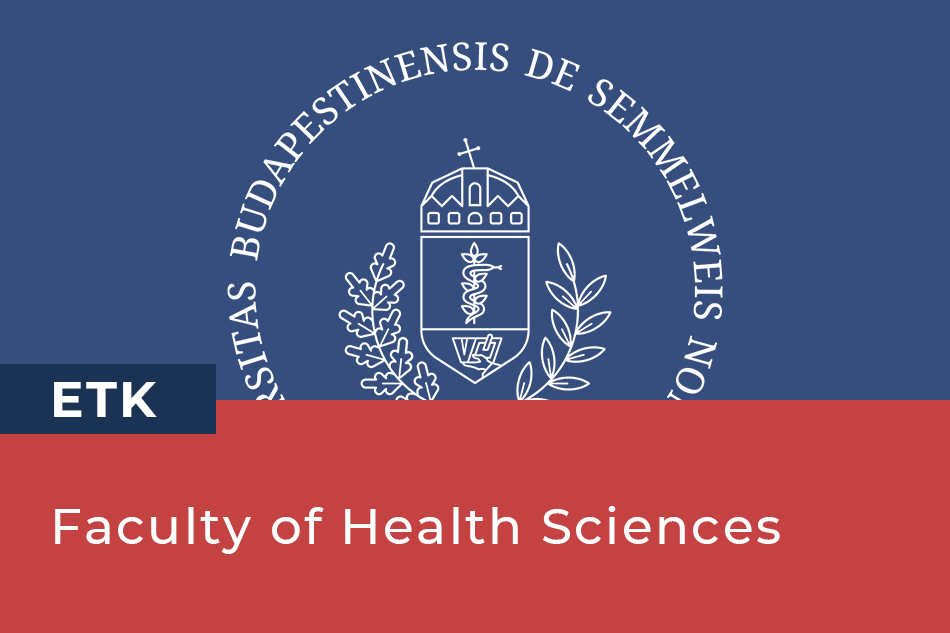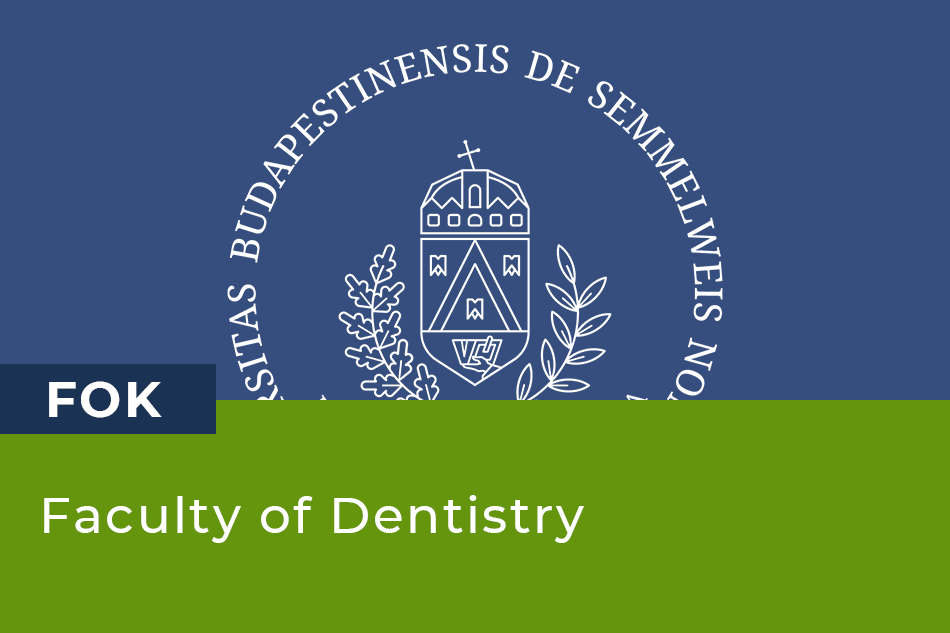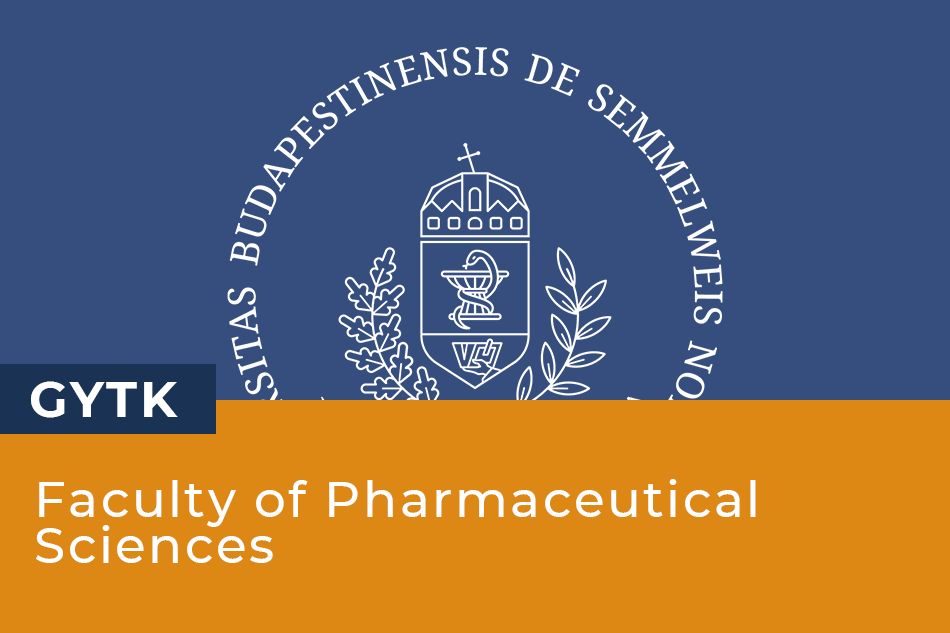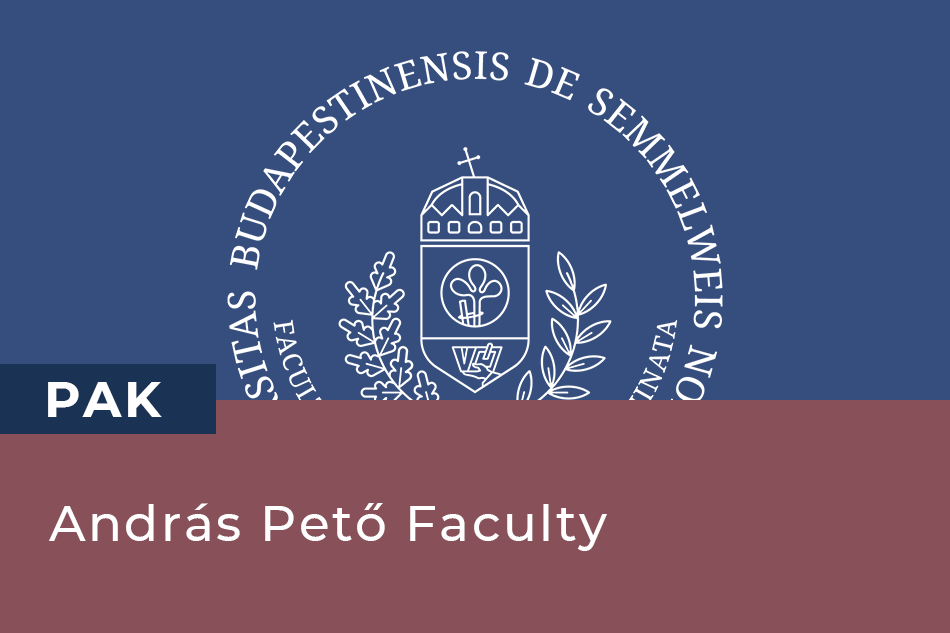Faculty of Pharmaceutical Sciences
Dean | Dr. Antal István
Official Facebook group for the first year students can be found HERE.
Education at the Faculty of Pharmacy has been running since 1955, with about 110-120 graduates each year. At the beginning of the first year, the university divides students into 4-6 study groups of about 8-15 students each. They’ll be your family for the next 5 years.
The staff of the Directory of International Students will help you manage your study affairs, you can find them in the Basic Medical Science Centre (EOK) on the first floor, room 1.604a.
The five-year course is divided into two parts: in the first two years you will study subjects such as organic chemistry, general chemistry, biophysics and physiology. The last 3 years build on these basic subjects. For practical classes, you will need a standard long-sleeved lab coat.
Practical training starts at the end of the second year and involves 80 hours of work experience in a pharmacy-related institute, which can be supplemented with additional hours as an optional subject. Specialised subjects begin in the third year, when you may be introduced to medical chemistry and the study of drug formulations. Based on biology-related subjects (biology, anatomy, physiology), you will get to know better the pathological function of the human body, the mechanism of action of drugs, and based on physical objects with the formulation of drugs, the path of drugs in the body, etc.
Herbs play an essential role and pharmacists need to know about them. From the third year, the focus is first on basic botanical knowledge and then on the chemistry and biology of compounds in plants.
The second part of the academic training consists mainly of work placements, and various legal and business skills are also emphasised.
After graduation, pharmacists can easily find jobs throughout Europe and the western world. They can start working in a community pharmacy, where have the opportunity to become technical managers.
Clinical pharmacy is a speciality that is currently developing dynamically, with more and more emphasis being placed on working at the patient’s bedside and taking part in teamwork, which plays a key role in the patient’s recovery. In the industrial direction, there are a wide variety of areas in which a pharmacist can work, and it is a great advantage to have a broad vision gained during training, so that pharmacists can work together with doctors, chemical engineers and chemists. Postgraduate opportunities also include a PhD course and various official positions.
Kind regards,
PÁLFI Fanni Klaudia
head of faculty
Students’ Union

